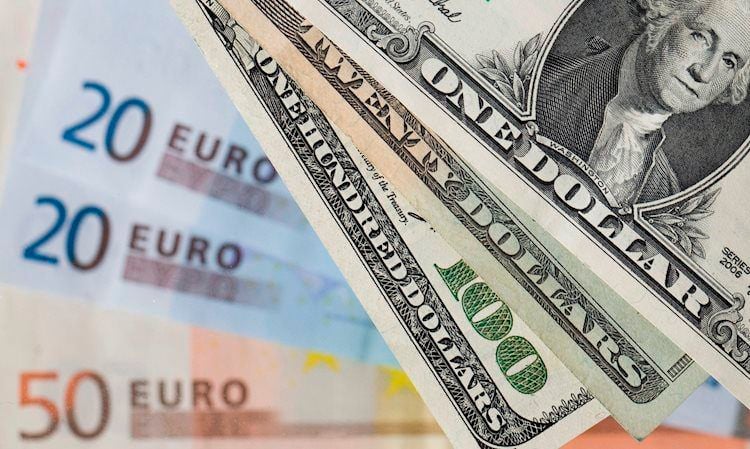- EUR/USD has been on the back foot near the entirety of Thursday’s session and has dropped back into the low 1.1900s.
- Rising US government bond yields have been the main factor driving the downside.
- But news of Covid-19 restrictions being tightened in France is weighing on the euro.
EUR/USD, which has been under selling pressure since the start of Thursday’s session after failing to break above last week’s 1.1990ish highs, has now completely unwound its post-FOMC gains made on Wednesday, with the pair now trading in the low 1.1900s. That means, on the day, EUR/USD is over half a percent or roughly 70 pips lower.
EUR/USD bears will be targeting a retest of weekly lows in the 1.1880s and perhaps even a move all the back towards monthly lows around 1.1840, which is where the pair’s 200-day moving average resides, though that will first require the psychological 1.1900 level to go.
Driving the day
The main driver of EUR/USD downside on Thursday has been a strengthening in US government bond yields which put upwards pressure on US/EU rate differentials, something which is bearish for EUR/USD. However, though the euro is far from the worst-performing currency in the G10 (NZD and CAD are, for instance, over 1.0% lower versus the USD each on the day), the euro is struggling versus GBP and JPY too.
That’s likely because news on the Covid-19 front has been bad on Thursday; amid a persistently high Covid-19 infection rate that now appears to be being driven by more infectious variants (such as the variant that ravaged the UK over the December/January period), France just announced new lockdown restrictions for 16 regions, including Paris. The new measures entail closing all non-essential shops and restricting people’s movement to within 10K of their home and will last for 4 weeks. The French government has said that the new measures will knock 0.2% off the country’s 2021 GDP growth, with the regions going into tougher lockdown representing 40% of the country’s GDP.
Analysts at ING comment that “the new lockdown will have a significant impact on economic activity and further deteriorate France’s economic outlook for the first part of 2021”. The bank adds that that “the current slow pace of the vaccination campaign leaves little hope for a full lifting of the restrictions after the end of the 4-week lockdown”, before pointing out that just 8.63% of French adults have had at least one Covid-19 dose (compared to over 50% in the UK) and the recent suspension of the AstraZeneca vaccine (which in fairness has now been lifted, but is likely to further damage confidence in the jab) mean that the prospect of hitting the government’s target of vaccinating 10M people by mid-April looks unlikely.
